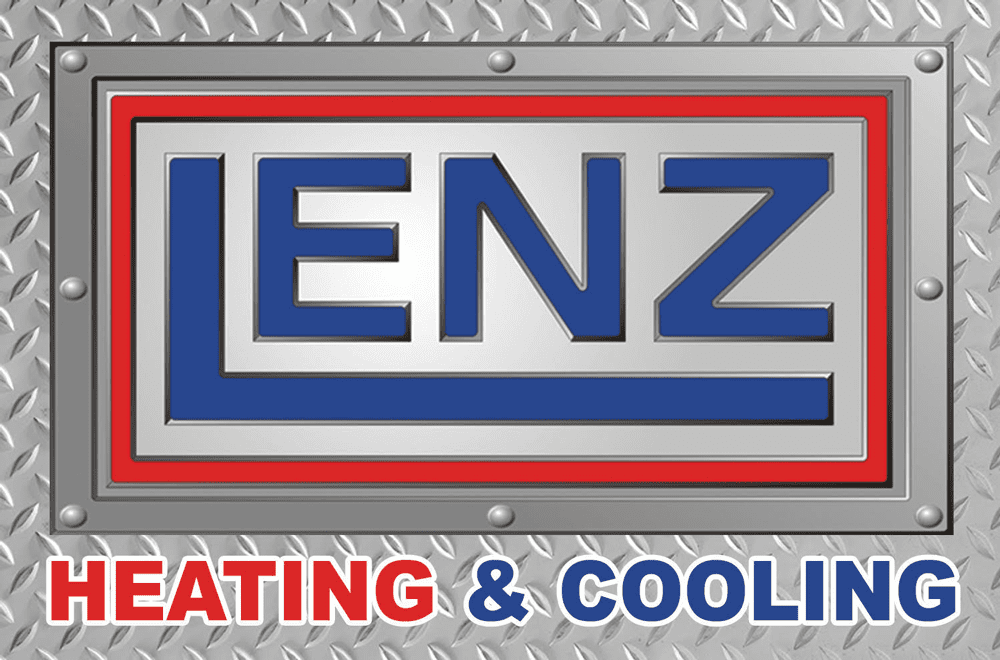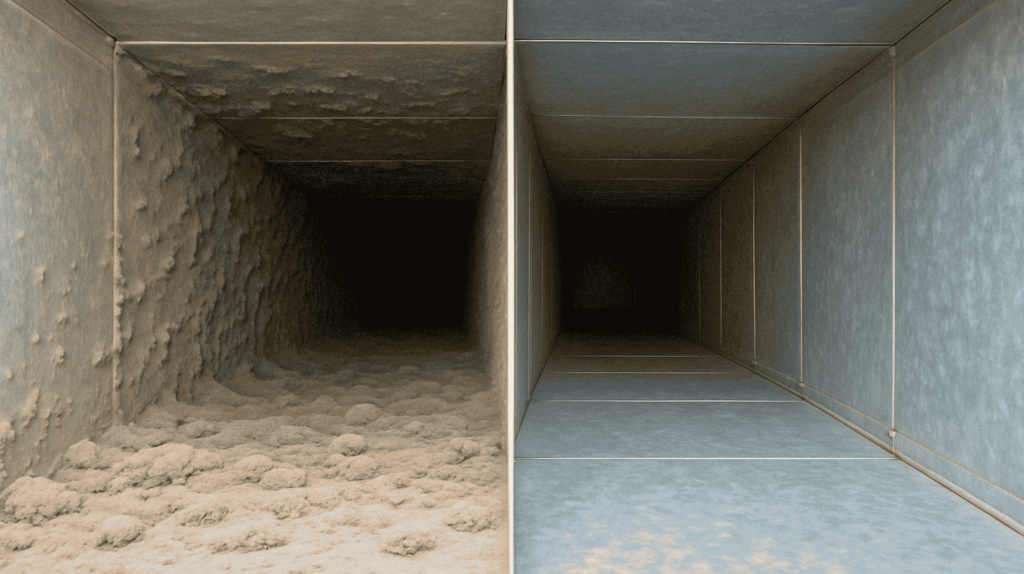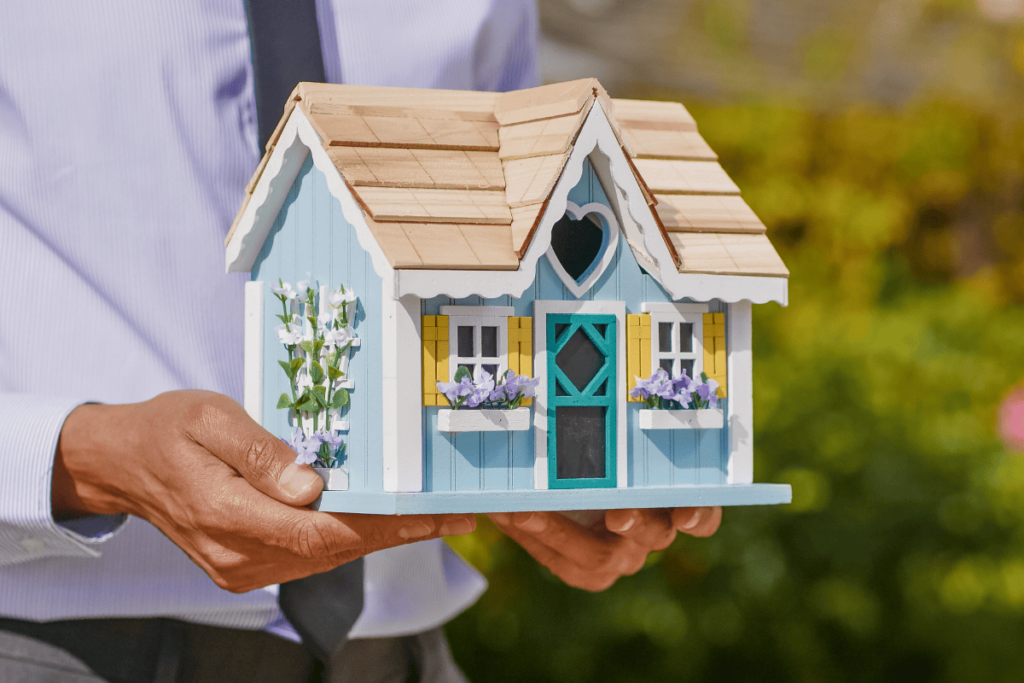When it comes to maintaining your HVAC system, one of the most important tasks is regularly replacing your air filter. Not only does this help keep your system running efficiently, but it also improves the air quality in your home. With so many options on the market, it can be overwhelming to choose the best air filter for your HVAC system. Here are some key factors to consider when selecting an air filter for your HVAC system.
MERV Rating
The Minimum Efficiency Reporting Value (MERV) rating is a scale that measures the effectiveness of an air filter. The higher the MERV rating, the more particles the filter can capture. For residential HVAC systems, a MERV rating of 8 or higher is recommended. This will effectively capture common household allergens and pollutants. However, if you or someone in your household suffers from allergies or asthma, it is recommended to choose a filter with a MERV rating of 11 or higher.
Filter Type
There are several types of air filters available for HVAC systems, including fiberglass, pleated, and electrostatic filters. Fiberglass filters are the most basic and affordable option, but they only capture larger particles and need to be replaced more frequently. Pleated filters have a larger surface area and can capture smaller particles, making them a more effective option. Electrostatic filters use an electric charge to attract and capture particles, making them the most efficient option. However, they are also the most expensive and may require professional installation.
Filter Size
It is important to choose an air filter that fits your HVAC system properly. Most filters come in standard sizes, but it is always best to double-check the size of your current filter before purchasing a replacement. Using a filter that is too small or too large can lead to air leaks and decreased efficiency.
Filter Replacement Schedule
The frequency of filter replacement will depend on the type of filter you choose and the air quality in your home. Fiberglass filters should be replaced every 30 days, while pleated and electrostatic filters can last up to 90 days. However, if you have pets or live in an area with high levels of pollutants, you may need to replace your filter more frequently. It is important to check your filter regularly and replace it as needed to ensure your HVAC system is running efficiently.
Brand and Price
When it comes to air filters, it is important to choose a reputable brand. Cheaper filters may save you money upfront, but they may not be as effective and may need to be replaced more frequently. It is worth investing in a higher quality filter to ensure the best air quality and efficiency for your HVAC system.
By considering these factors, you can choose the best air filter for your HVAC system. Remember to check and replace your filter regularly to keep your system running smoothly and improve the air quality in your home. For more HVAC tips and services, get in touch today!





